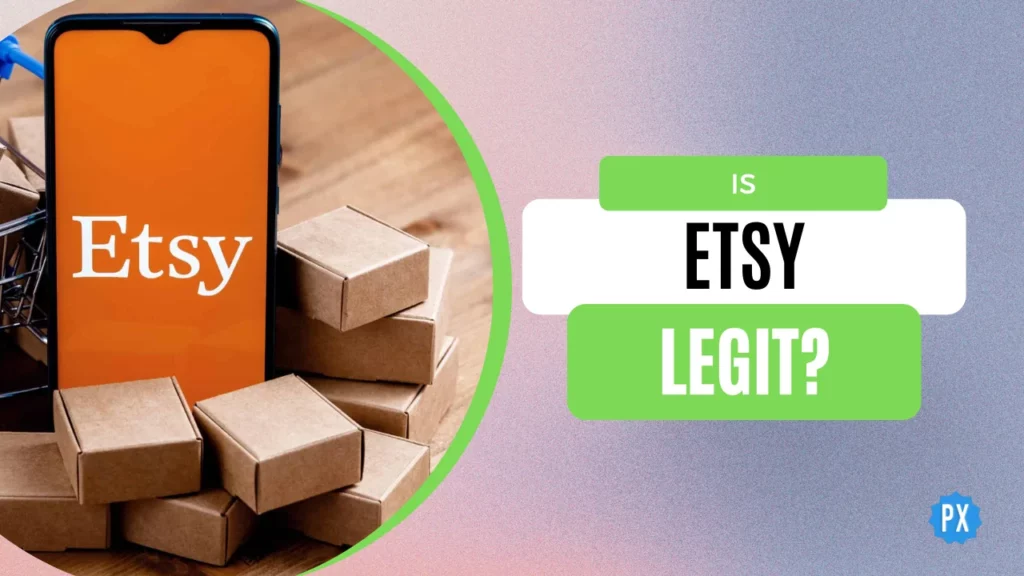Ever found yourself wondering late at night, scrolling through unique handmade crafts or vintage treasures on the internet, and suddenly a question pops into your mind like a neon sign in a dark alley: “Is Etsy legit?” Well, my friend, you are not alone.
In the world of e-commerce apps & sites and scams, getting to know the legitimacy of websites is paramount. Whether you are pondering the authenticity of AliExpress, the safety of Poshmark, or today’s topic, the trustworthiness of Etsy, you want to ensure that your money is spent wisely and securely.
So, what is the verdict on Etsy’s authenticity? Is Etsy legit? Let us find out all about Etsy, how it works, what are the benefits and risks of using it, and how to avoid scams and disputes.
In This Article
What is Etsy?
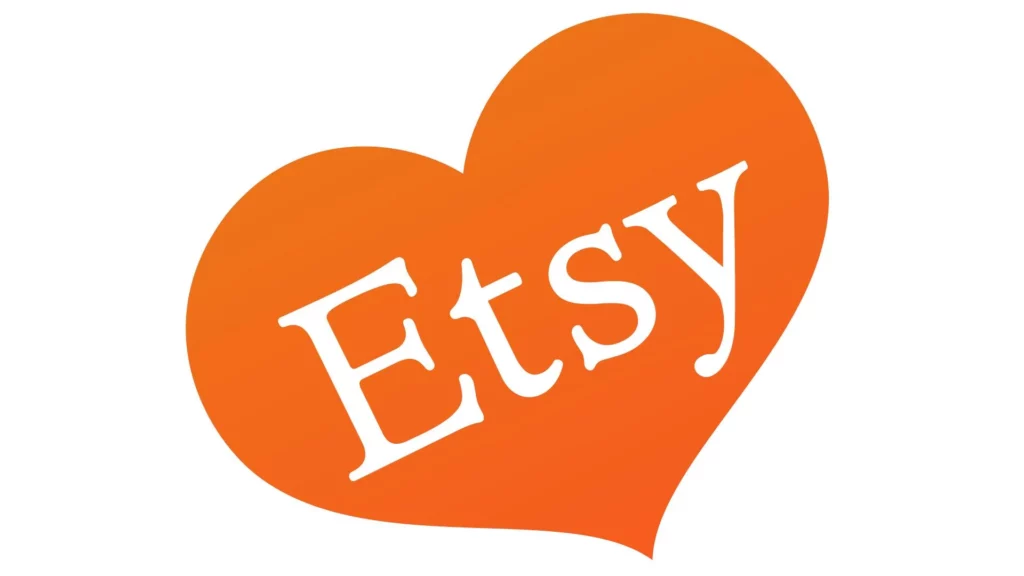
Before I answer the burning question, “Is Etsy legit,” let’s dive into what exactly Etsy is all about.
Etsy, founded in 2005, is a global online marketplace that unites creative minds, crafters, artists, and collectors from 150+ countries. It’s more than just buying and selling; it’s a vibrant community that fosters human connection and empowers creative entrepreneurs.
On Etsy, your creative heart will find everything it desires – from handmade jewelry and vintage clothing to unique home decor, expressive art, and delightful toys.
For sellers, Etsy provides a user-friendly platform to showcase their creations globally. Listing items costs a mere $0.20 each, with a 6.5% commission on the final sale price and shipping fee. Moreover, Etsy equips sellers with tools and resources for business growth. Whether you’re an artisan or vintage enthusiast, Etsy is where creativity thrives and connections flourish.
Is Etsy Legit?

Etsy is undoubtedly a legitimate e-commerce platform that has earned its place in the online shopping world. With over 18 years of operation, it has established itself as a reputable brand that offers a unique shopping experience.
Many shoppers often express concerns about buying from independent sellers, but Etsy’s longevity and reputation provide assurance. Moreover, Etsy’s large customer base reduces the need for excessive marketing campaigns, making it an attractive platform for sellers.
How Does Etsy Work?
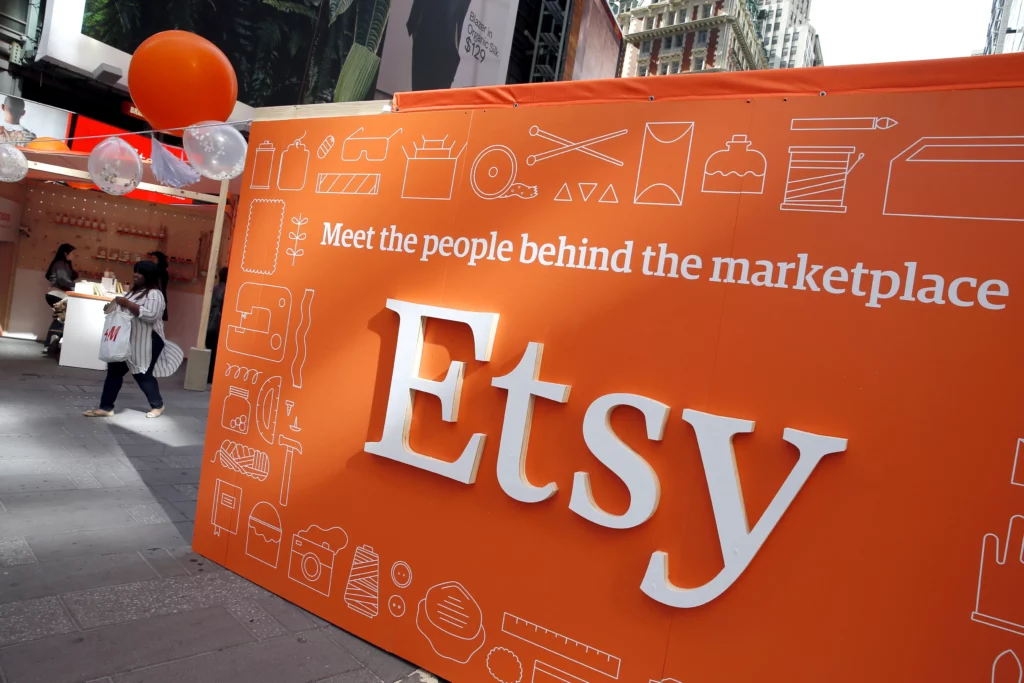
Buying on Etsy: As a buyer on Etsy, you gain access to a vast marketplace brimming with handcrafted, vintage, and one-of-a-kind items. Navigating the platform is user-friendly, allowing you to explore diverse categories, search for specific products, and even interact directly with sellers. Etsy provides a range of payment options, such as debit and credit cards, Etsy gift cards, and more, simplifying the purchasing process for users.
Selling on Etsy: For sellers, Etsy offers a straightforward path to showcasing their creations to a global audience. Setting up your own Etsy shop requires a nominal fee of $0.20 per listed item. This enables you to introduce your products to a vast potential buyer base. When your items find new homes, Etsy deducts a 6.5% commission from the final sale price and the shipping fee. Additionally, Etsy equips sellers with a variety of tools and resources to manage and expand their creative businesses.
Is Etsy Safe?
Etsy places a significant emphasis on safety and security, both for buyers and sellers.
Is Etsy Safe for Buyers?

Etsy is a secure platform for buyers, primarily due to its robust review system and purchase protection plan. Here are some tips for a safe shopping experience:
- Review Seller Policies: Always read the seller’s policies before making a purchase. Check shipping times, return policies, refund procedures, and cancellation guidelines.
- Check Seller Reviews: Examine the seller’s reviews and ratings. Favor sellers with positive feedback from previous customers and steer clear of those with low ratings or negative reviews.
- Communicate with Sellers: Before placing an order, engage with the seller to clarify any doubts or inquiries about the product, such as size, color, material, or origin.
- Use Etsy’s Secure Payment System: Utilize Etsy’s secure payment system to make your purchase. Avoid sending money directly to the seller through alternative methods like PayPal or bank transfers.
- Monitor Your Order: Keep track of your order and contact the seller if any delays or issues arise during delivery.
- Leave a Review: After receiving your order, share your experience by leaving a review, and helping other buyers make informed decisions.
Is Etsy Safe for Sellers?

Etsy prioritizes seller safety as well, offering these guidelines to protect sellers and their businesses:
- Define Clear Shop Policies: Establish transparent and detailed shop policies covering aspects like shipping times, return and refund procedures, and cancellation policies.
- Provide Accurate Product Descriptions: Furnish honest and precise descriptions of your products, accompanied by high-quality images and videos showcasing product features and conditions.
- Maintain Communication: Engage with your buyers before and after sales, promptly addressing their questions and concerns. Keep them informed about their order status and provide tracking information when available.
- Embrace Etsy’s Payment System: Receive payments from buyers using Etsy’s secure payment system. Avoid accepting payments outside of Etsy, such as through PayPal or bank transfers.
- Ensure Timely Shipping: Ship orders on time and employ reliable carriers. Safeguard products with secure packaging to avoid any damage during transit.
- Encourage Reviews: Request reviews from your buyers and respond positively to their feedback.
Pros and Cons of Etsy
Etsy boasts several advantages and disadvantages, both for buyers and sellers. Let’s explore some of these pros and cons:
Pros of Etsy
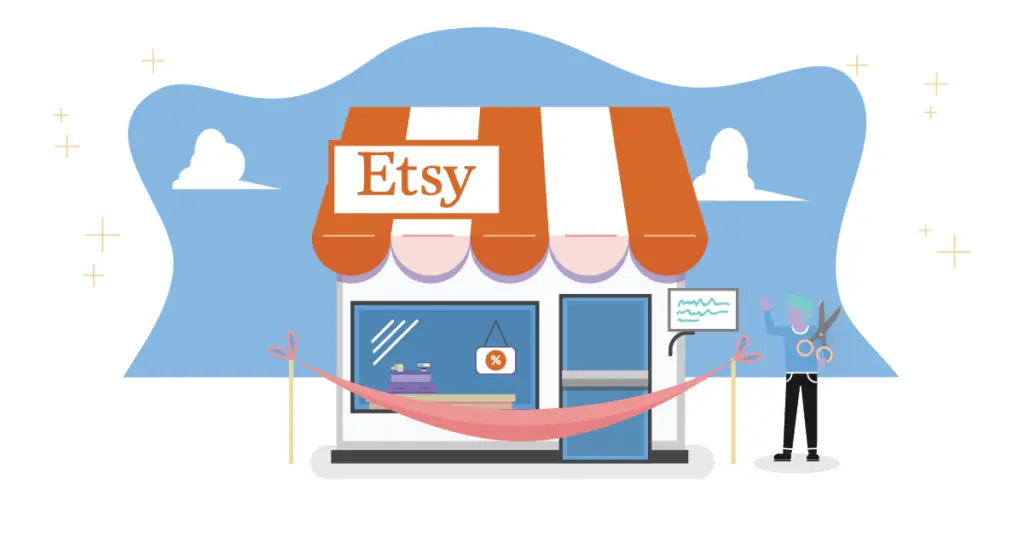
- Easy Setup and Maintenance: Etsy offers a hassle-free setup process, allowing you to create a shop quickly without the need for technical expertise. The platform takes care of maintenance, ensuring a smooth user experience.
- Built-in Customer Base: With millions of active buyers seeking unique, handmade, and vintage products, Etsy provides a ready-made customer base, easing the challenge of attracting new customers.
- Trusted Platform: Etsy’s extensive tenure and reputation contribute to its trustworthiness. The platform offers buyer protection, guaranteeing safe purchases and refunds in cases of scams or fraud.
- Affordable Listing Fee: Etsy charges a mere $0.20 per item for listing, with listings remaining active for four months, renewable indefinitely.
- Ideal Testing Ground: Etsy serves as an excellent testing ground for your products, allowing you to gather feedback from customers and refine your offerings.
- Effective Etsy SEO: The platform incorporates its search engine optimization (SEO) system, aiding sellers in ranking their products higher in search results through the strategic use of keywords, tags, titles, and descriptions.
- Seller Education Hub: Etsy provides a wealth of resources and tools to support business growth, including the seller handbook, blog, podcast, webinars, forums, and courses.
- Thriving Etsy Community: Sellers and buyers alike benefit from the collaborative and supportive Etsy community, where they can join groups, teams, events, and workshops to connect with like-minded individuals.
Cons of Etsy
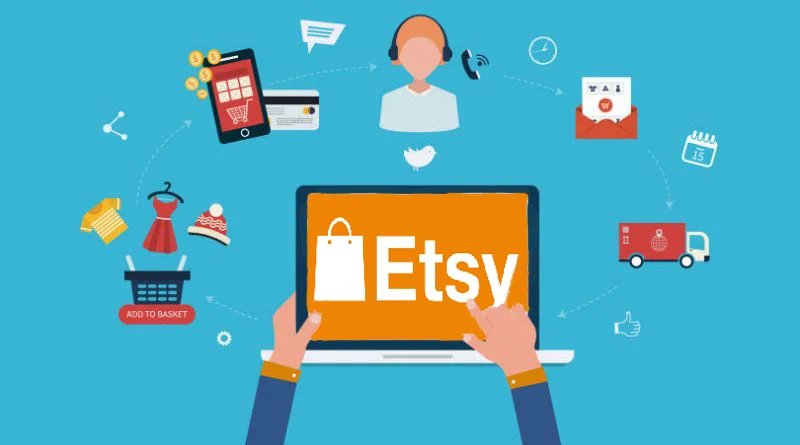
- High Competition: The vast number of active sellers on Etsy offering similar products can make it challenging to stand out and attract customers.
- Ease of Product Duplication: Since Etsy is an open platform, products are visible to all, making it possible for others to replicate your creations without protection for your intellectual property or original designs.
- Lack of Customer Loyalty: Many Etsy buyers are bargain hunters or seekers of unique items, often making one-time purchases. Retaining customers requires continuous marketing efforts and incentives.
- Brand Image Limitations: As a seller on a third-party platform, you have limited control over your brand image and reputation. Compliance with Etsy’s rules and policies may not always align with your own vision and values.
- Email List Building Challenge: Etsy does not permit the collection of customer email addresses or communication outside of its platform. This hinders your ability to build a direct line of communication with your customers.
- Fees: In addition to the listing fee, Etsy charges a 6.5% commission on the final sale price and shipping fee for each transaction. There are additional fees for using payment services, advertising features, shipping labels, and more.
- Handmade Items Only: Etsy restricts the sale of handmade or vintage items and craft supplies, excluding mass-produced or non-handmade products.
- Lack of Ownership: Sellers operate on Etsy as renters without ownership of their shop or customer base. Etsy can change its rules or close shops at any time without notice or explanation.
- Saturated Market: Etsy’s marketplace is saturated with numerous similar products and sellers, making differentiation and profitability challenging.
What Reviews Say About Etsy?
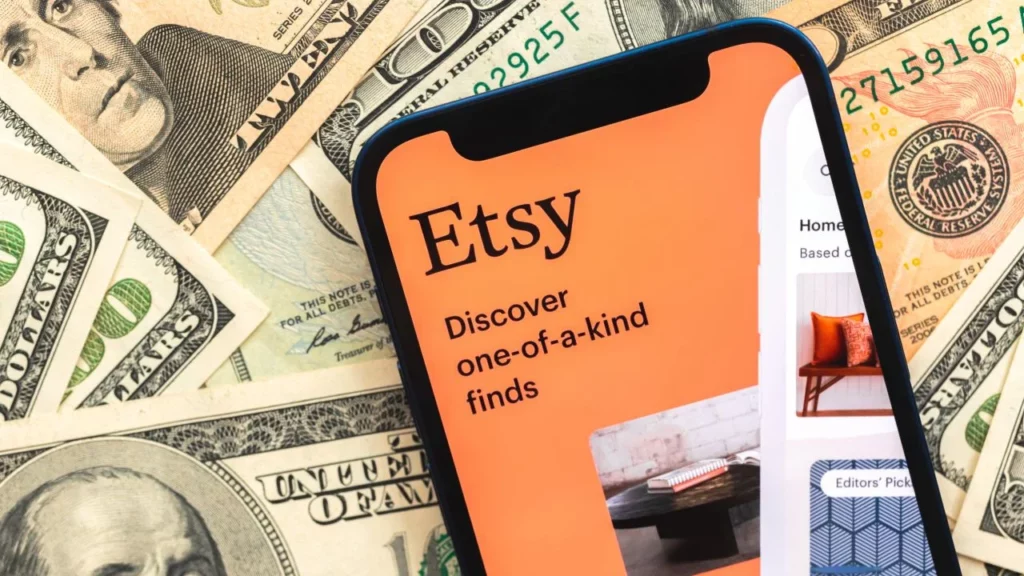
Etsy garners mixed reviews from users, reflecting both positive and negative experiences. Here’s a glimpse into what reviewers are saying from various sources:
Trustpilot: Trustpilot, a platform for collecting and displaying online shopper reviews, houses over 11,000 Etsy reviews with an average rating of 1.6 out of 5 stars. A significant portion of reviewers (74%) gave Etsy a single star, indicating negative experiences.
Better Business Bureau (BBB): BBB, a nonprofit organization aiding consumers in identifying trustworthy businesses and resolving complaints, features over 2,000 Etsy reviews with an average rating of 1.1 out of 5 stars. Etsy holds a B+ rating based on its business profile, customer complaints, and reviews. In the last three years, BBB received 2,493 complaints related to Etsy.
Sitejabber: Sitejabber, a review platform for online shoppers, presents over 2,000 Etsy reviews, with an average rating of 3.27 out of 5 stars.
Is Etsy Legit: Final Verdict
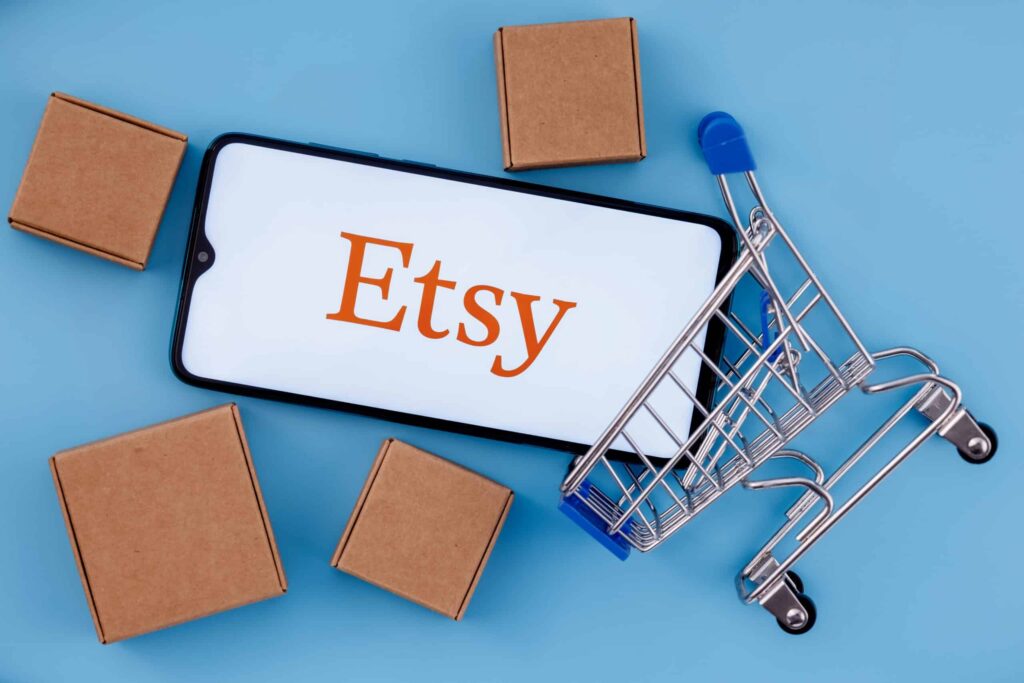
Considering various factors, I can confirm Etsy’s legitimacy. However, as reviews indicate, it falls short in terms of user satisfaction due to complaints about its overall service. Exploring alternative options might be a wise choice until Etsy addresses these issues and aims to enhance user satisfaction.
While Etsy offers advantages like unique handmade products, a built-in customer base, and seller resources, it also presents challenges, including stiff competition, susceptibility to imitation, and limited control over brand image and fees.
User reviews on Etsy vary widely, with some applauding its creative community and exceptional products, while others bemoan subpar customer service and dubious sellers. Ratings range from 1 to 5 stars, reflecting diverse experiences.
If you venture into Etsy, exercise caution by reviewing seller policies, checking ratings and reviews, and using Etsy’s secure payment system. While it’s an enticing marketplace for unique items, be mindful of the potential risks and challenges associated with the platform.
Enjoyed the Etsy review? Dive into our treasure trove of reviews — each one is a gem! Don’t miss out on these valuable insights:
Wrapping Up
That is all about the query, “Is Etsy legit”. I expect this article to be useful and instructive. For more in-depth information and reviews of apps and websites, browse Path of EX. Our team is dedicated to providing unbiased and valuable insights to help you navigate the digital landscape.
Frequently Asked Questions
1. Is Etsy legit?
Yes, Etsy is a legitimate marketplace for buying and selling handmade, vintage, and unique items.
2. How does Etsy work?
Etsy connects consumers and sellers of handmade, vintage, and one-of-a-kind things. Buyers can search through millions of items on Etsy, and sellers can create their own listings for their products.
3. Should I explore alternative options to Etsy?
Yes, it may be wise to consider alternative platforms until Etsy addresses its service issues.
